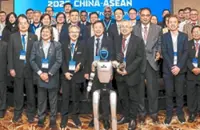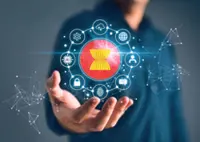Research suggests that artificial intelligence software contributes to the individualisation of work tasks. — AFP Relaxnews
The prowess of artificial intelligence software is attracting the interest of bosses and managers, who see it as an opportunity to boost their staff's productivity. But a new study warns of the psychological cost of these new technologies.
An international team of researchers conducted four experiments involving 794 employees in Taiwan, Indonesia, Malaysia and the USA, working in a variety of industries.





